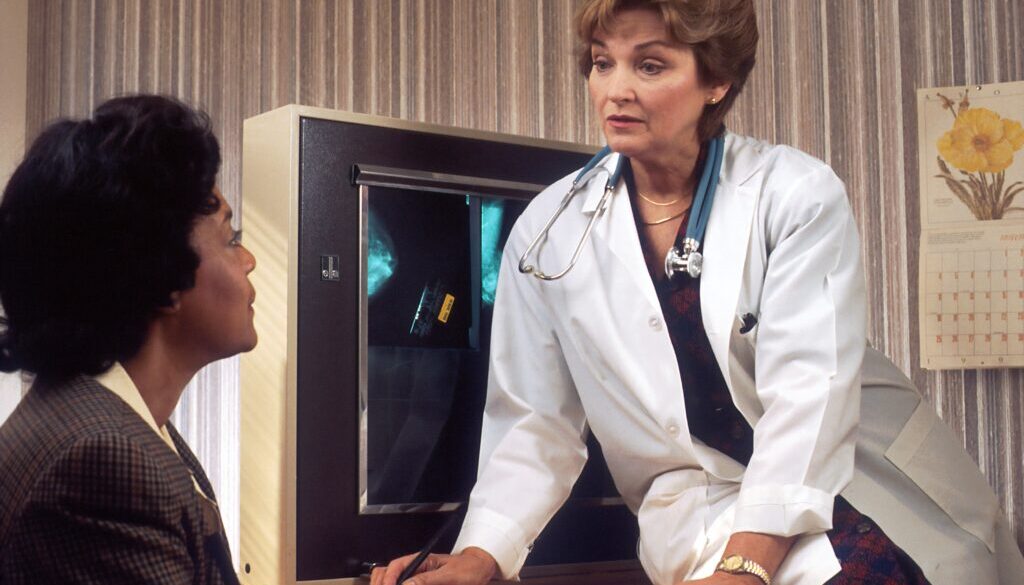Introduction
In today’s fast-paced world, our health often takes a back seat to our busy lives. We tend to focus on our well-being only when we’re faced with an illness or discomfort. However, preventive healthcare is a vital aspect of maintaining a healthy and fulfilling life. In this comprehensive guide, we will explore the importance of preventive healthcare and provide you with valuable insights on how to stay well.
Understanding Preventive Healthcare
Preventive healthcare is a proactive approach to maintaining your health. It involves taking steps to prevent illness and detect health issues early, rather than waiting for symptoms to appear. This approach significantly reduces the risk of developing chronic diseases and improves your overall well-being.
Types of Preventive Measures
Vaccinations
One of the most effective preventive measures is getting vaccinated. Vaccines protect you from various diseases, such as influenza, measles, and hepatitis. They not only keep you safe but also contribute to herd immunity, protecting vulnerable populations.
Regular Check-ups
Regular medical check-ups are crucial for monitoring your health. Through routine check-ups, doctors can identify potential health issues in their early stages, making them easier to manage.
Healthy Lifestyle Choices
Maintaining a healthy lifestyle involves eating a balanced diet, staying physically active, getting enough sleep, and managing stress. These habits play a significant role in preventing chronic diseases like heart disease and diabetes.
Benefits of Preventive Healthcare
Cost-Efficiency
Preventive healthcare is often more cost-effective than treating diseases after they have developed. Medical bills for treating advanced illnesses can be exorbitant, while preventive measures are relatively affordable.
Early Detection of Health Issues
Regular check-ups and screenings can detect health issues before they become severe. Early detection increases the chances of successful treatment and reduces the impact on your life.
Improved Quality of Life
Preventive healthcare not only adds years to your life but also life to your years. By staying healthy, you can enjoy a higher quality of life, with more energy and fewer limitations.
How to Incorporate Preventive Measures
Healthy Eating Habits
A balanced diet rich in fruits, vegetables, lean proteins, and whole grains is essential for preventing many diseases. Avoiding excessive sugar, salt, and processed foods is equally crucial.
Regular Exercise
Physical activity is key to maintaining a healthy weight and reducing the risk of chronic diseases. Aim for at least 150 minutes of moderate-intensity exercise each week.
Stress Management
Chronic stress can weaken your immune system and lead to health problems. Practice stress-reduction techniques like meditation, yoga, or deep breathing.
Avoiding Harmful Habits
Quit smoking and limit alcohol consumption to reduce your risk of various diseases, including cancer and liver disease.
Taking Advantage of Screening Programs
Many healthcare providers offer screening programs for conditions like cancer, diabetes, and hypertension. Take advantage of these opportunities for early detection.
The Role of Healthcare Providers
Your healthcare provider is your partner in preventive healthcare. Regular visits allow your doctor to assess your health, provide guidance on preventive measures, and address any concerns.
Overcoming Barriers to Preventive Healthcare
Barriers to preventive healthcare include lack of access, knowledge, and resources. Advocate for your health by seeking information, exploring available resources, and making preventive care a priority.
Conclusion: A Lifetime of Wellness
In conclusion, preventive healthcare is not an option; it’s a necessity for a long and healthy life. By adopting preventive measures, making healthy choices, and working closely with healthcare providers, you can ensure a lifetime of wellness. Don’t wait for illness to strike; act now to protect your most valuable asset—your health.
FAQs
- What is preventive healthcare? Preventive healthcare involves taking proactive measures to prevent illness and detect health issues early.
- Why is preventive healthcare important? Preventive healthcare reduces the risk of chronic diseases, lowers healthcare costs, and improves overall well-being.
- How can I start with preventive healthcare? Begin by getting regular check-ups, adopting a healthy lifestyle, and staying informed about available screening programs.
- Are vaccinations necessary for adults? Yes, vaccinations are essential for adults to protect against various diseases and maintain herd immunity.
- What role does genetics play in preventive healthcare? Genetics can influence your susceptibility to certain diseases, but preventive measures can still mitigate risks.










